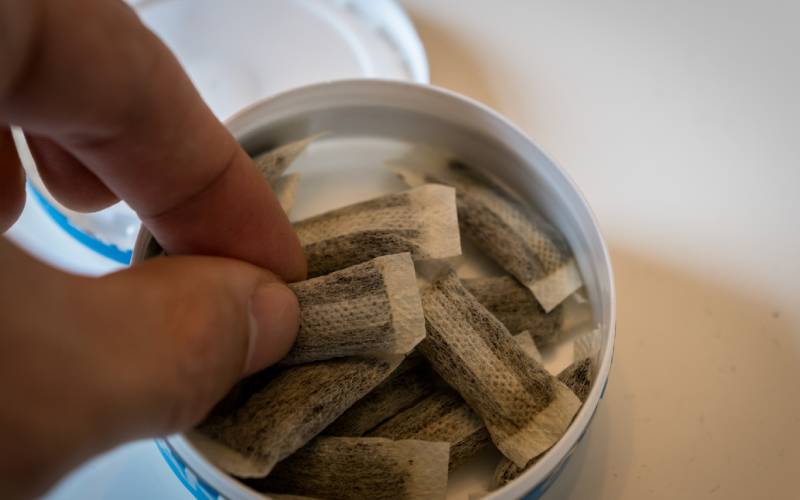×
The Standard e-Paper
Join Thousands Daily

A proposal by the National Treasury to impose high excise duty on nicotine pouches is likely to make this alternative to smoking unaffordable to most Kenyan smokers.
In his Budget Statement presented to Parliament on June 10, National Treasury and Planning CS Ukur Yatani had set the new tax at Sh5,000 per kilogramme. The net effect of this tax will be to make tobacco-free oral pouches more expensive than tobacco.







